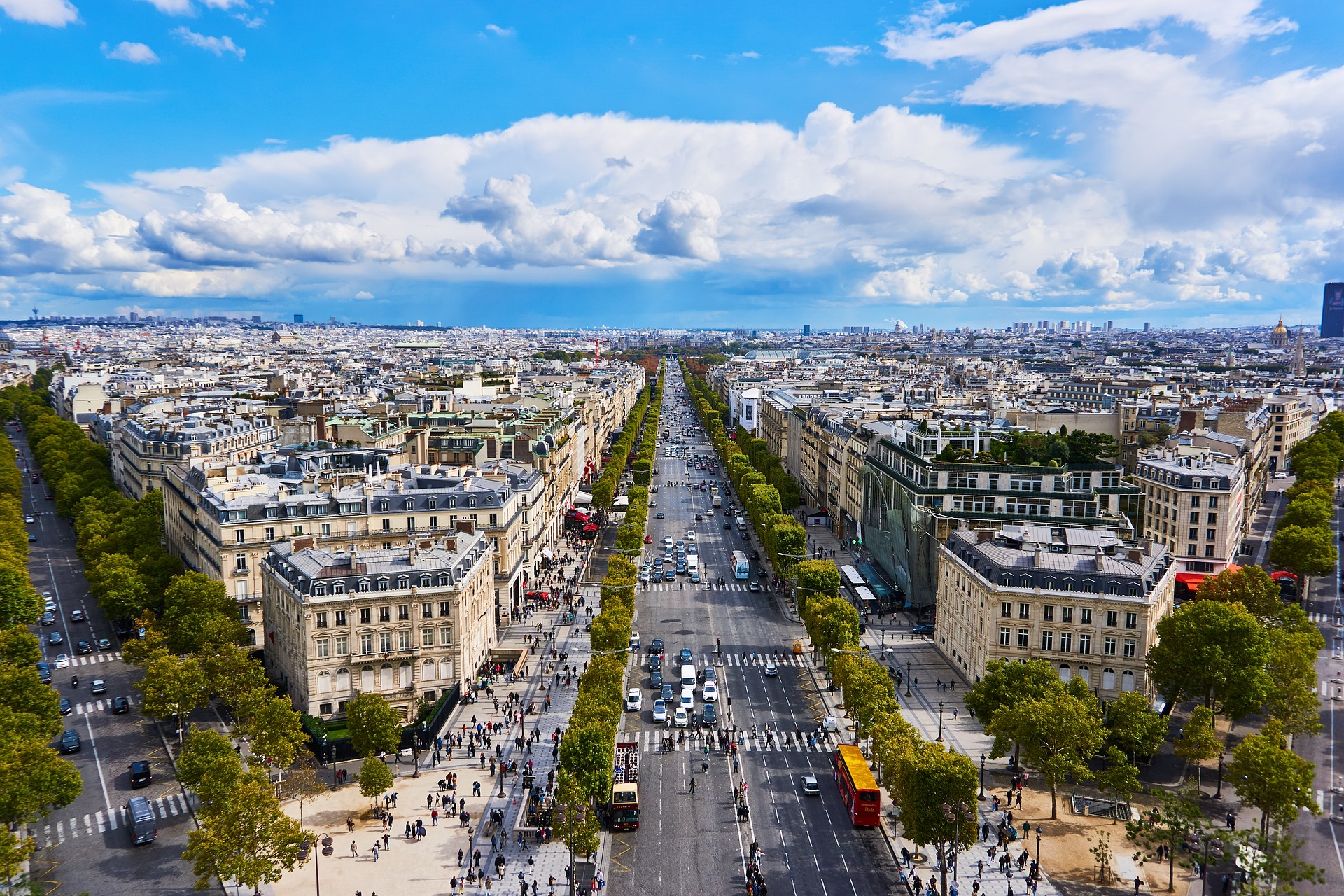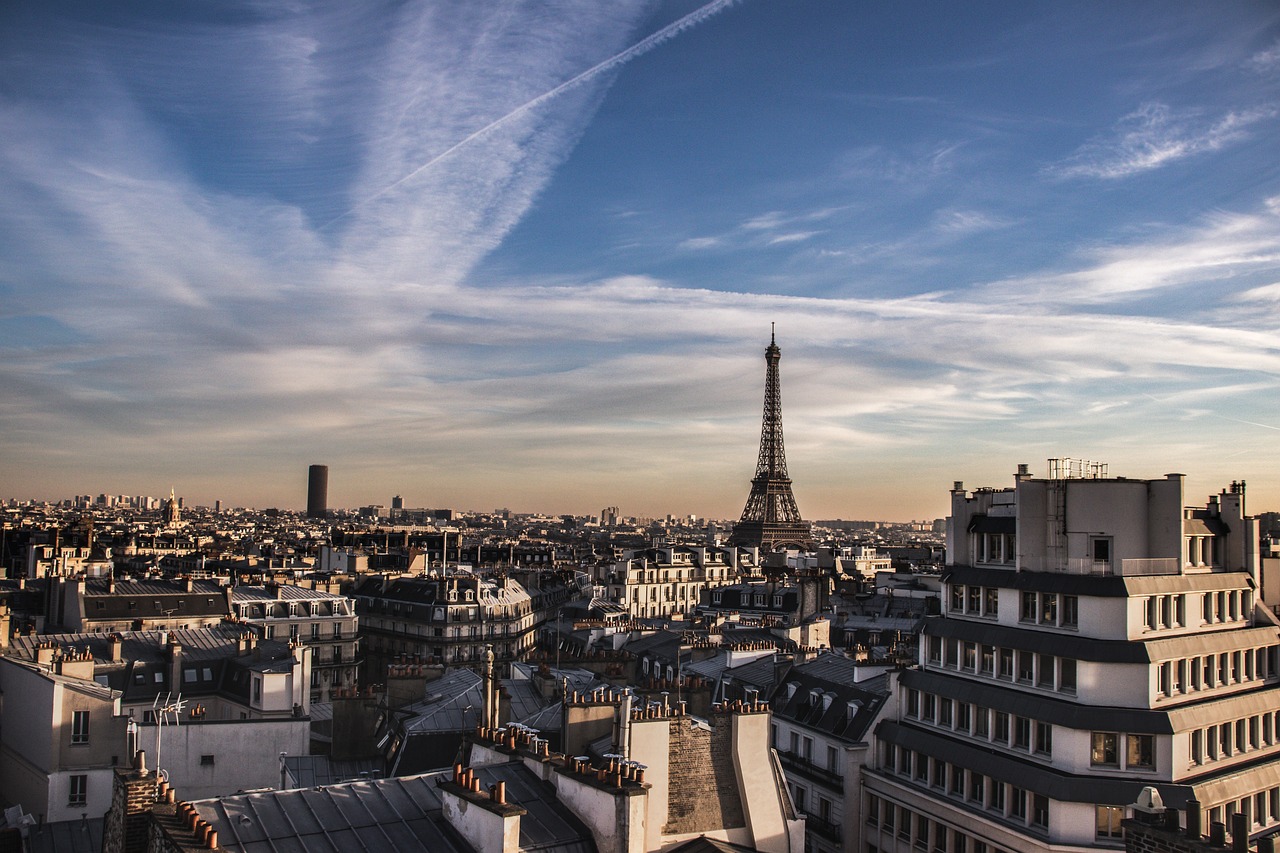Paris is the city of romance, charm, and endless Instagram photos, right? Travelers flock here every year, dreaming of picture-perfect moments like sipping espresso at quaint cafes, watching the Eiffel Tower sparkle at night, and wandering cobblestone streets straight out of a movie. But for some visitors, those dreams quickly unravel.
Instead of romance and magic, they find themselves overwhelmed, disappointed, and even feeling sick. This surprising phenomenon, called Paris Syndrome, can turn a dream vacation into a stressful experience. So, what exactly is Paris Syndrome, and why does it happen? Let’s dive into why Paris isn’t always the fairytale some travelers expect.
What is Paris Syndrome?

Paris Syndrome was first identified by Japanese psychiatrist Hiroaki Ota in the 1980s while he was working at Sainte-Anne Hospital Center in France. Ota later explored the phenomenon in detail in his 1991 book, naming it to describe the intense disappointment some visitors feel when Paris doesn’t match their dreams. While it’s essentially an extreme form of culture shock, Paris Syndrome goes beyond mere disillusionment.
Many tourists arrive expecting the glamorous, romantic Paris they’ve seen in movies – a city of chic cafes, charming streets, and endless elegance. Instead, they’re met with the reality of a bustling, crowded city that, like any major metropolis, has its fair share of noise, grime, and chaotic traffic. For some, this sharp contrast brings on symptoms of anxiety, nausea, and even hallucinations as their idealized vision collides with the reality of the city they are visiting.
The symptoms of Paris Syndrome
For those affected by Paris Syndrome, the experience can feel like a whirlwind of unexpected and intense reactions. Here’s a quick rundown of the most common symptoms that have left some tourists feeling unsteady:
- Acute delusional states: Feeling disconnected from reality or struggling with confusing thoughts.
- Hallucinations: Seeing or hearing things that aren’t there.
- Feelings of persecution: Feeling targeted by prejudice or hostility from locals.
- Derealization: A sense that Paris isn’t “real” or that things are distorted.
- Depersonalization: Feeling detached from oneself, like you are watching yourself from the outside.
- Anxiety: Overwhelming worry or distress.
- More physical symptoms:
- Dizziness
- Tachycardia
- Sweating
- Nausea or vomiting
What causes Paris Syndrome?
Paris Syndrome isn’t just about being let down by Paris; it’s a mix of factors that can hit all at once, especially for first-time visitors. Here’s what can trigger this surreal reaction:
Language barriers
Navigating Paris without fluent French can be a challenge, and the struggle to communicate effectively can add a layer of frustration, making everything seem a bit more intimidating.
The French reputation
Paris is known for its strong personality, and there’s a reputation (whether fair or not) that Parisians aren’t always thrilled by tourists. Though many locals are friendly, visitors who expect immediate warmth may feel a bit surprised if they don’t receive the welcome they imagined.
Cultural differences
French customs and attitudes can sometimes feel distant or unfamiliar, especially for visitors used to more direct hospitality. Simple things like etiquette, dining customs, and even a different sense of humor can lead to feelings of disorientation or isolation.
Idealization of Paris
Thanks to movies, social media, and travel blogs, many arrive expecting a flawless city full of romance and charm. But, like any big city, Paris has its gritty spots, bustling crowds, and some less-than-glamorous corners.
Travel exhaustion
Paris Syndrome often sets in after a long, tiring journey. Jet lag, packed schedules, and sensory overload can leave visitors feeling drained, making it easier for disappointment or stress to snowball into something bigger.
Why Paris?

Paris holds a special place in people’s imaginations like few other cities. With its reputation as the “City of Love,” it’s one of the most romanticized destinations on the planet. So when reality doesn’t quite match the fairy tale, it’s natural to feel disappointed (or even completely thrown off).
Interestingly, Paris isn’t the only city known to spark such intense reactions. There’s a similar phenomenon called “Jerusalem Syndrome,” where some tourists and pilgrims experience delusions and paranoia while visiting the holy sites of Jerusalem. Often tied to an overwhelming religious or spiritual experience, Jerusalem Syndrome can trigger a sense of heightened reality that leaves visitors disoriented.
Who is most likely to experience Paris Syndrome?

Paris Syndrome tends to affect Japanese tourists more than any other group. Japan has a long-standing fascination with French culture, and many visitors from Japan arrive with high expectations of Paris as a dreamy, fairy-tale destination filled with cobblestone streets and chic cafes. French influences are everywhere in Japan, from high-end fashion brands like Chanel and Louis Vuitton to French patisseries on nearly every corner in cities like Tokyo.
Avoiding Paris Syndrome

The best way to dodge Paris Syndrome? Keep your expectations in check and remember that Paris, while enchanting, is still a bustling city. You’ll find beautiful landmarks and hidden gems, but you’ll likely also encounter crowds, some less-than-ideal areas, and maybe even a bit of typical city rudeness.
Self-care is key, too. Make sure to build in time to rest, hydrate, and take things at your own pace. With a realistic outlook and a little flexibility, you can focus on the magic that does exist without being thrown by any little bumps along the way.




